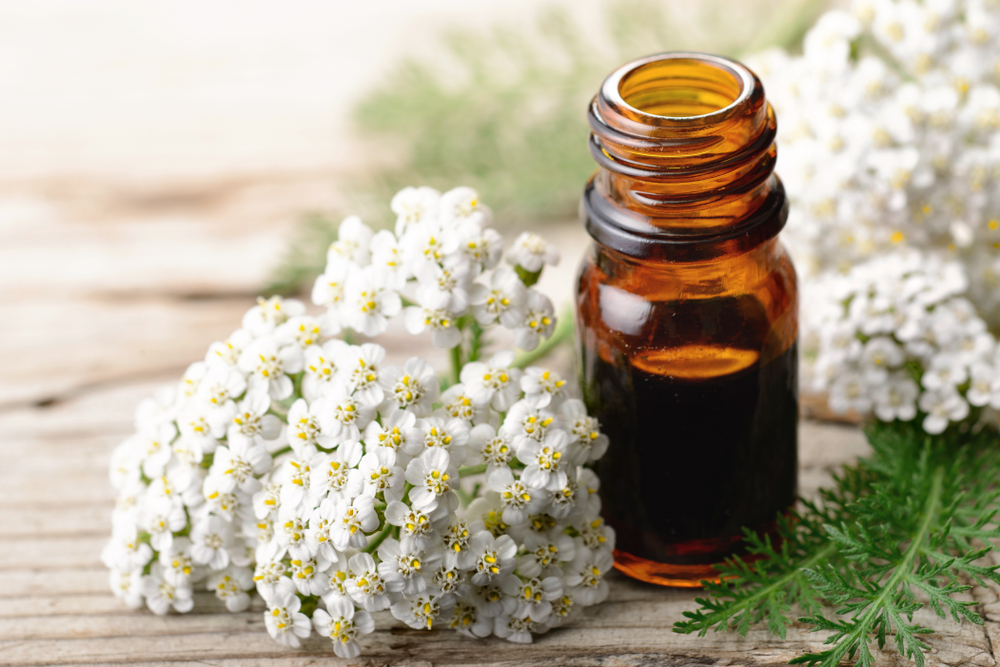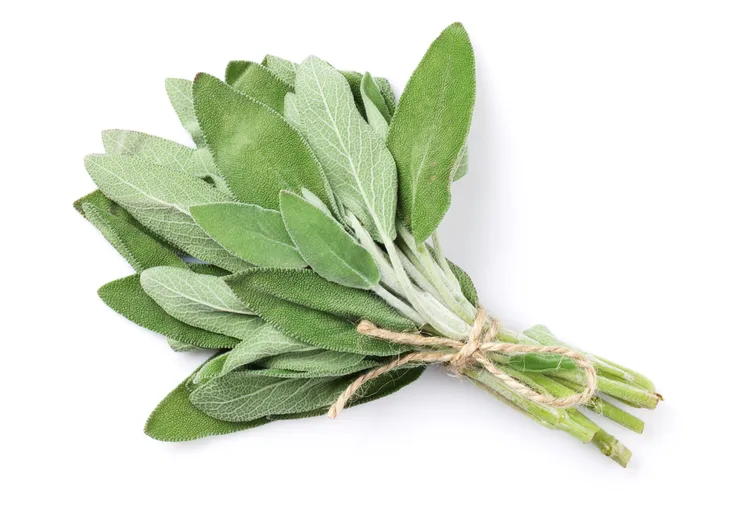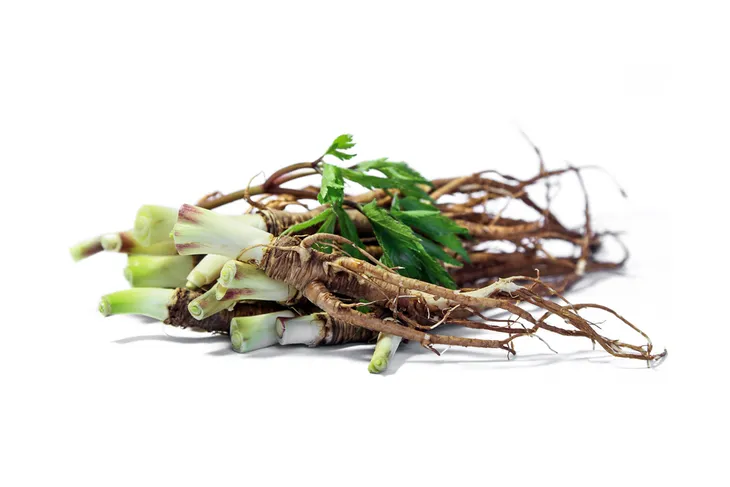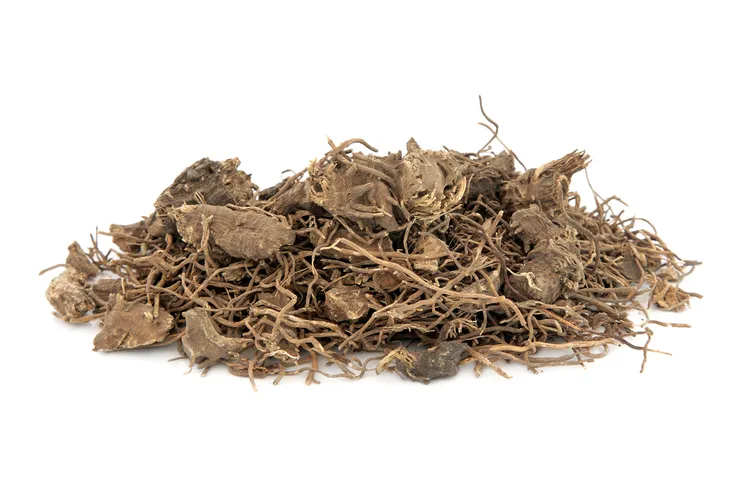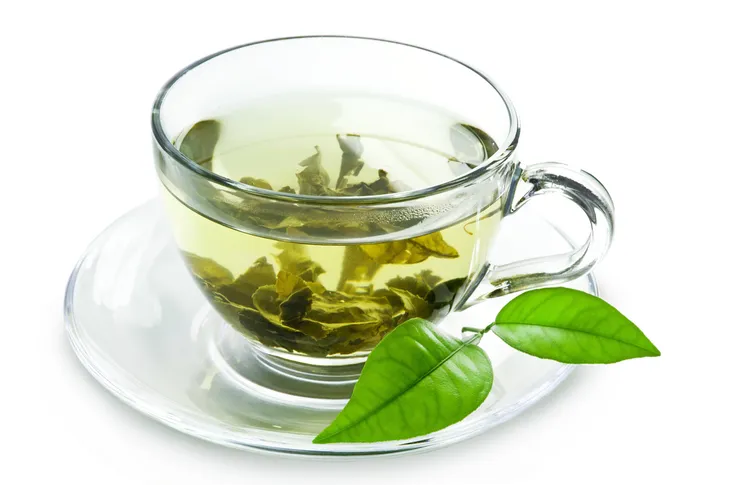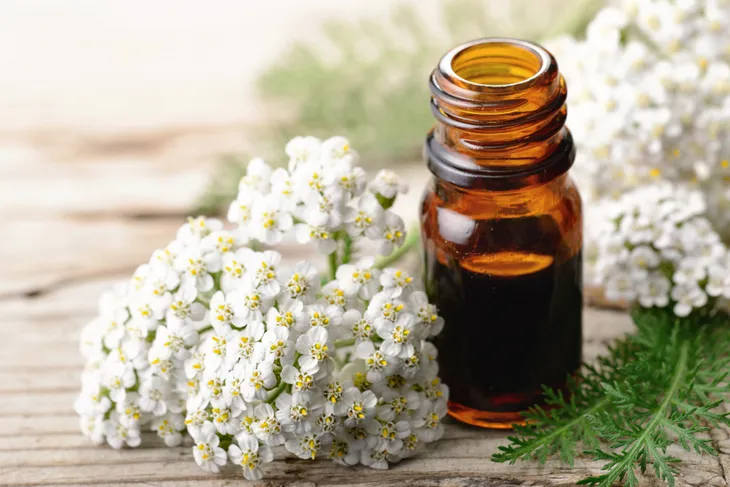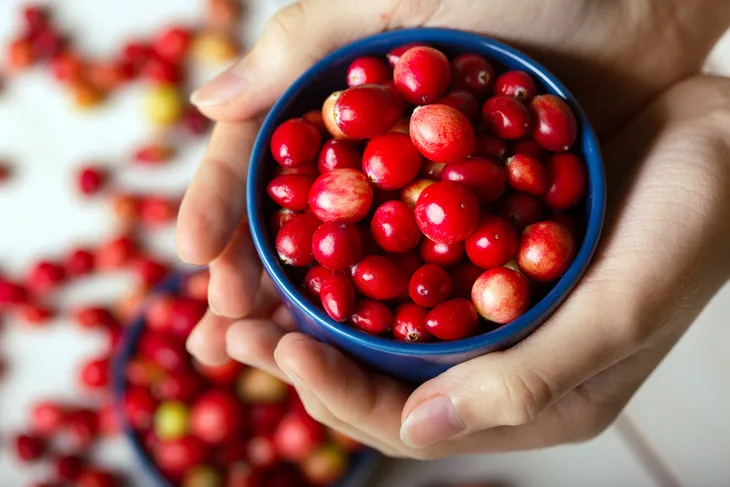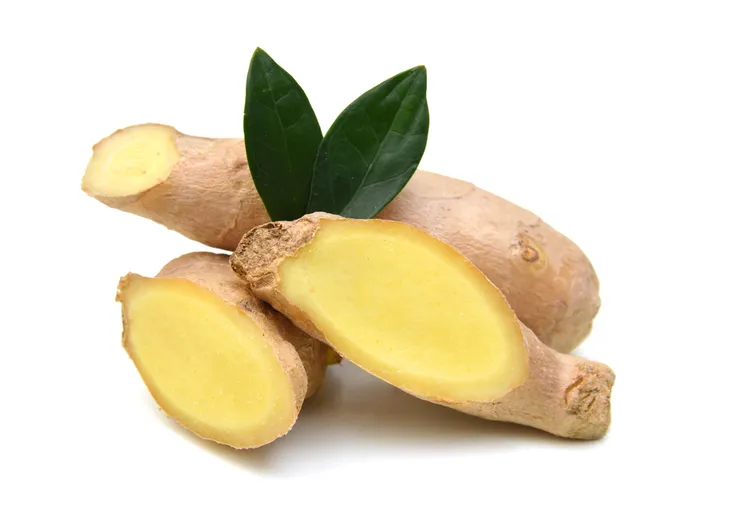From menstrual cramps to hormonal fluctuations that disrupt energy and sleep—women deal with routine monthly and even weekly health woes that can be fixed naturally with natural herbs.
Here are eight natural plants that can provide earthly cures, right from Mother Nature’s pharmacy…
Sage
Native Americans use sage as a time-honored remedy for menopausal hot flashes. And according to researchers at Bastyr University’s Botanical Medicine Department, located in Washington, it’s the oil in this plant’s leaves that reduces perspiration during sudden onset heat spells. Women typically drink sage leaves in tea. However, the tea can also be cooled and drained into a spray bottle for spritzing and cooling the face and neck. Just steer clear of sage if you are epileptic as it can spur seizures.
Dong Quai
The traditional Chinese herb, dong quai (or more precisely, angelica sinensis), has been used for centuries to balance ying and yang energies and combat fatigue in women. The female species is credited for being more yin than yang, which can throw the body off balance and cause energy levels to wane. For this reason, dong quai is often used by traditional Chinese medical experts (TCM) to restore balance. Just be sure to avoid dong quai if you are pregnant as the herb can encourage contractions.
Black Cohosh
If you suffer from menopause-related night sweats and hot flashes, your doctor may have already suggested cimicifuga racemosa, or black cohosh, which research out of the National Center for Complementary and Alternative Medicine (a part of the National Institutes of Health) claims may increase estrogen product while reducing other troublesome hormones that spur hot flashes. Black cohosh is safe to use in tablet (or supplement) form as long as you don’t have a history of liver problems.
Green Tea
The superfood brew has been touted for aiding just about everything from weight loss to fatigue. However, green tea has also been linked by the American Cancer Society to preventing women’s cancers (i.e., certain types of breast tumors) due to its natural chemopreventive and caffeinated properties.
Yarrow
This colorful flowering herb, known by botanists as achillea millefolium, comes in colors of white, yellow, and red, and has been used for centuries to stifle heavy bleeding, including severe menstrual flow. Researchers at the University Of Maryland Medical Center credit yarrow, either taken medicinally as a tincture in water or as a tea, with also soothing painful cramps because it relaxes uterine muscles.
Feverfew
According to statistics from the National Headache Foundation, women experience migraines three times as frequently as men, which is why Texas’ American Botanical Council recommends the chewing the herb daily, especially for women migraine sufferers—to soothe migraine symptoms such head pain, vomiting, and nausea, and to reduce prescription drug use.
Cranberry
If you’ve ever had a urinary tract infection (UTI) you may have ran to the grocery store for cranberry juice on your doctor’s recommendation. But do you know why? Cranberry prevents E. coli bacteria (the type of bacteria that causes a UTI) from latching to the bladder and urethra so the infection is unable to progress. If you feel a UTI coming on, doctors recommend drinking an ounce of diluted 100-percent cranberry juice each day to cut down tartness. Just remember, if bacteria have already taken hold in your organs, you’ll need antibiotics to assist in recover fully from a UTI.
Ginger Root
You’re often presented with a ginger candy following a heavy meal. It makes sense, as ginger root (or zingiber officinale) eases digestion and nausea. In fact, a study published in the Obstetrics & Gynecology journal, credited 250-milligrams of ginger root steeped into tea and sipped four times daily, as an effective treatment for nausea in women—including pregnancy (morning sickness) and menopausal-related queasiness.
